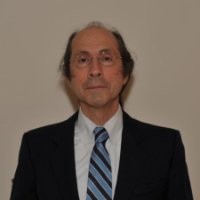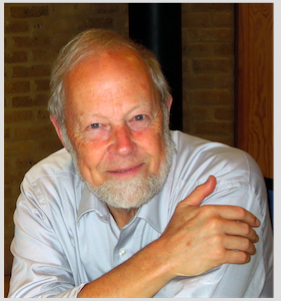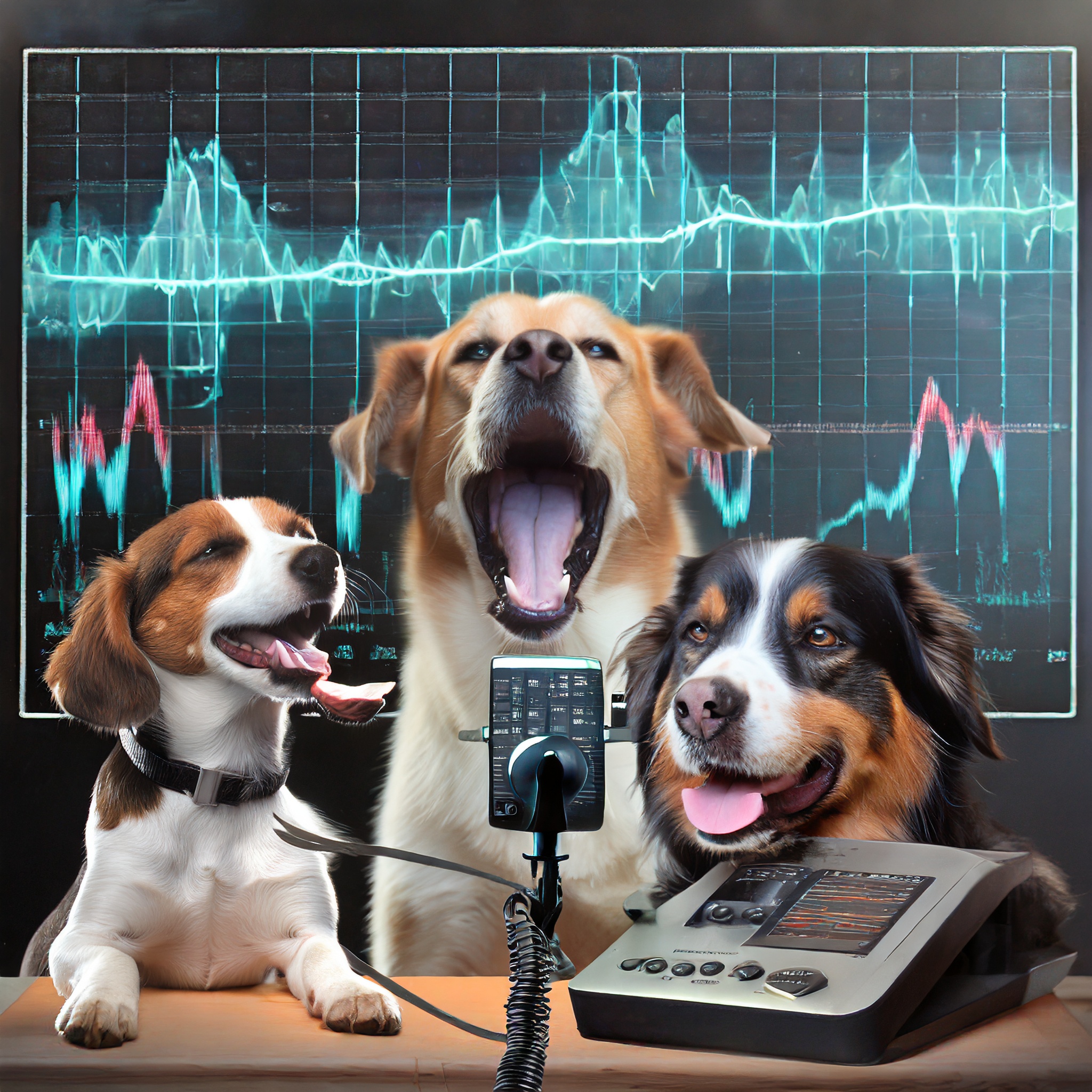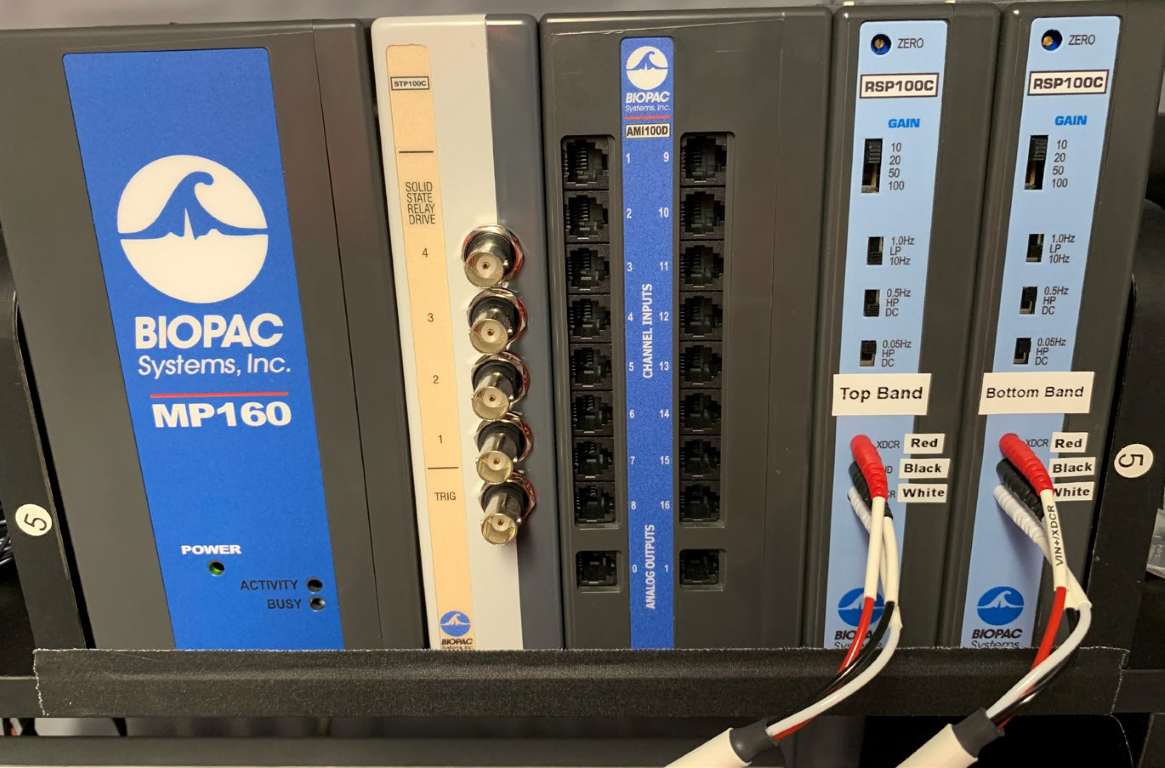About
The Cornell Phonetics Lab is a group of students and faculty who are curious about speech. We study patterns in speech — in both movement and sound. We do a variety research — experiments, fieldwork, and corpus studies. We test theories and build models of the mechanisms that create patterns. Learn more about our Research. See below for information on our events and our facilities.

Upcoming Events

26th October 2023 04:30 PM
Colloquium Talk by Dr. Kevin Connelly on Using Classic Indigenous Literature in Language Revitalization
The Department of Linguistics and the Colloquium Talk Series proudly presents department alumnus Dr. Kevin Connelly (PhD Cornell 1999), Language Revitalization Consultant for the Onondaga Nation.
Dr. Connelly will give a talk titled: Applied Philology: Using Classic Indigenous Literature in Language Revitalization
Abstract:
Come see the tip of the iceberg as Dr. Kevin Connelly offers a brief look at an exclusively community-facing second language acquisition website for the Onondaga language. His website connects a language revitalization toolkit with a digital version of The Great Law of Peace in Onondaga.
The Great Law is an Indigenous epic oral narrative that long pre-dates the arrival of European colonizers in North America. On Dr. Connelly’s website, the Law has been digitized from an original manuscript hand-written in 1912, and includes linguistic annotations, translations into English, and word-by-word voice recordings by a fluent speaker of Onondaga.
As the last fluent first-language Onondaga speaker passed away in 2015, this project hopes to create new ways of transmitting the language. Dr. Connelly hopes that his website will contribute to the continuation of the culture and language that first voiced unity, world peace, and democracy in North America. This project is for proprietary use in the Onondaga community.
Speaker Bio:
Kevin is a citizen of The Onondaga Nation. He arrived at Cornell in 1989, where he completed his M.A./Ph.D. in the Department of Modern Languages and Linguistics. In his dissertation, he combined the field of discourse analysis, text linguistics, and narratology with the field of geography.
Unbeknownst to him at the time, his style of research and writing was that of a philologist. He took a linguistic look at Onondaga classic literature using a method called close reading. Close reading involves the analysis and synthesis of specific details in a text, in order to recognize deeper meaning and understand how it is constructed.
Pedagogical in nature, his work focused on semantics, morphology, and text-based research from which emerged a revitalization methodology to reverse engineer the data of translation providing a step-by-step return to Onondaga Language meaning-making.
Connelly has incorporated these core linguistic and philological elements of his work into the language-learning framework of his website. Actualizing this revitalizing method through interactive language lessons and a web version of The Great Law of Peace has transformed Dr. Connelly into an Applied Philologist.
Location: 106 Morrill Hall, 159 Central Avenue, Morrill Hall, Ithaca, NY 14853-4701, USA
27th October 2023 12:20 PM
Phonetics Lab Meeting - Dr. Robert Ladd will Discuss Prosodic Prominance
Phonetics Lab Alumnus Dr. Robert Ladd (Cornell PhD 1978 & Emeritus Professor of Linguistics, University of Edinburgh) will give a talk on Prosodic Prominence.
Please read this paper before the meeting.
Location: B11 Morrill Hall, 159 Central Avenue, Morrill Hall, Ithaca, NY 14853-4701, USA
1st November 2023 12:20 PM
PhonDAWG - Phonetics Lab Data Analysis Working Group
Fengyue will give us an update on parameter testing for her q-paper experiment.
Location: B11 Morrill Hall, 159 Central Avenue, Morrill Hall, Ithaca, NY 14853-4701, USA
8th November 2023 12:20 PM
PhonDAWG - Phonetics Lab Data Analysis Working Group
Topic TBD
Location: B11 Morrill Hall, 159 Central Avenue, Morrill Hall, Ithaca, NY 14853-4701, USA
Facilities
The Cornell Phonetics Laboratory (CPL) provides an integrated environment for the experimental study of speech and language, including its production, perception, and acquisition.
Located in Morrill Hall, the laboratory consists of six adjacent rooms and covers about 1,600 square feet. Its facilities include a variety of hardware and software for analyzing and editing speech, for running experiments, for synthesizing speech, and for developing and testing phonetic, phonological, and psycholinguistic models.
Web-Based Phonetics and Phonology Experiments with LabVanced
The Phonetics Lab licenses the LabVanced software for designing and conducting web-based experiments.
Labvanced has particular value for phonetics and phonology experiments because of its:
- *Flexible audio/video recording capabilities and online eye-tracking.
- *Presentation of any kind of stimuli, including audio and video
- *Highly accurate response time measurement
- *Researchers can interactively build experiments with LabVanced's graphical task builder, without having to write any code.
Students and Faculty are currently using LabVanced to design web experiments involving eye-tracking, audio recording, and perception studies.
Subjects are recruited via several online systems:
- * Prolific and Amazon Mechanical Turk - subjects for web-based experiments.
- * Sona Systems - Cornell subjects for for LabVanced experiments conducted in the Phonetics Lab's Sound Booth

Computing Resources
The Phonetics Lab maintains two Linux servers that are located in the Rhodes Hall server farm:
- Lingual - This Ubuntu Linux web server hosts the Phonetics Lab Drupal websites, along with a number of event and faculty/grad student HTML/CSS websites.
- Uvular - This Ubuntu Linux dual-processor, 24-core, two GPU server is the computational workhorse for the Phonetics lab, and is primarily used for deep-learning projects.
In addition to the Phonetics Lab servers, students can request access to additional computing resources of the Computational Linguistics lab:
- *Badjak - a Linux GPU-based compute server with eight NVIDIA GeForce RTX 2080Ti GPUs
- *Compute server #2 - a Linux GPU-based compute server with eight NVIDIA A5000 GPUs
- *Oelek - a Linux NFS storage server that supports Badjak.
These servers, in turn, are nodes in the G2 Computing Cluster, which currently consists of 195 servers (82 CPU-only servers and 113 GPU servers) consisting of ~7400 CPU cores and 698 GPUs.
The G2 Cluster uses the SLURM Workload Manager for submitting batch jobs that can run on any available server or GPU on any cluster node.
Articulate Instruments - Micro Speech Research Ultrasound System
We use this Articulate Instruments Micro Speech Research Ultrasound System to investigate how fine-grained variation in speech articulation connects to phonological structure.
The ultrasound system is portable and non-invasive, making it ideal for collecting articulatory data in the field.

BIOPAC MP-160 System
The Sound Booth Laboratory has a BIOPAC MP-160 system for physiological data collection. This system supports two BIOPAC Respiratory Effort Transducers and their associated interface modules.

Language Corpora
- The Cornell Linguistics Department has more than 915 language corpora from the Linguistic Data Consortium (LDC), consisting of high-quality text, audio, and video corpora in more than 60 languages. In addition, we receive three to four new language corpora per month under an LDC license maintained by the Cornell Library.
- This Linguistic Department web page lists all our holdings, as well as our licensed non-LDC corpora.
- These and other corpora are available to Cornell students, staff, faculty, post-docs, and visiting scholars for research in the broad area of "natural language processing", which of course includes all ongoing Phonetics Lab research activities.
- This Confluence wiki page - only available to Cornell faculty & students - outlines the corpora access procedures for faculty supervised research.

Speech Aerodynamics
Studies of the aerodynamics of speech production are conducted with our Glottal Enterprises oral and nasal airflow and pressure transducers.

Electroglottography
We use a Glottal Enterprises EG-2 electroglottograph for noninvasive measurement of vocal fold vibration.

Real-time vocal tract MRI
Our lab is part of the Cornell Speech Imaging Group (SIG), a cross-disciplinary team of researchers using real-time magnetic resonance imaging to study the dynamics of speech articulation.

Articulatory movement tracking
We use the Northern Digital Inc. Wave motion-capture system to study speech articulatory patterns and motor control.
Sound Booth
Our isolated sound recording booth serves a range of purposes--from basic recording to perceptual, psycholinguistic, and ultrasonic experimentation.
We also have the necessary software and audio interfaces to perform low latency real-time auditory feedback experiments via MATLAB and Audapter.

